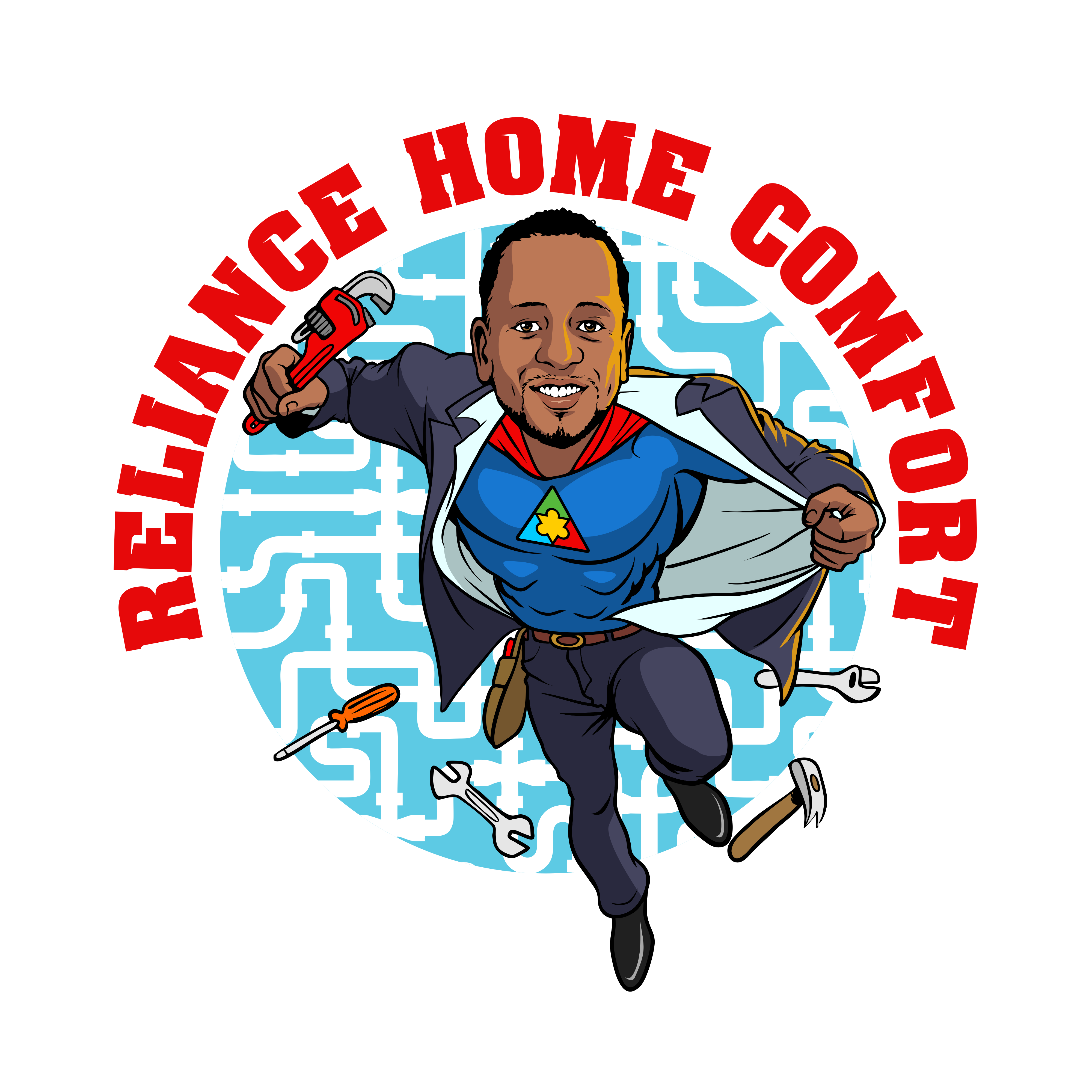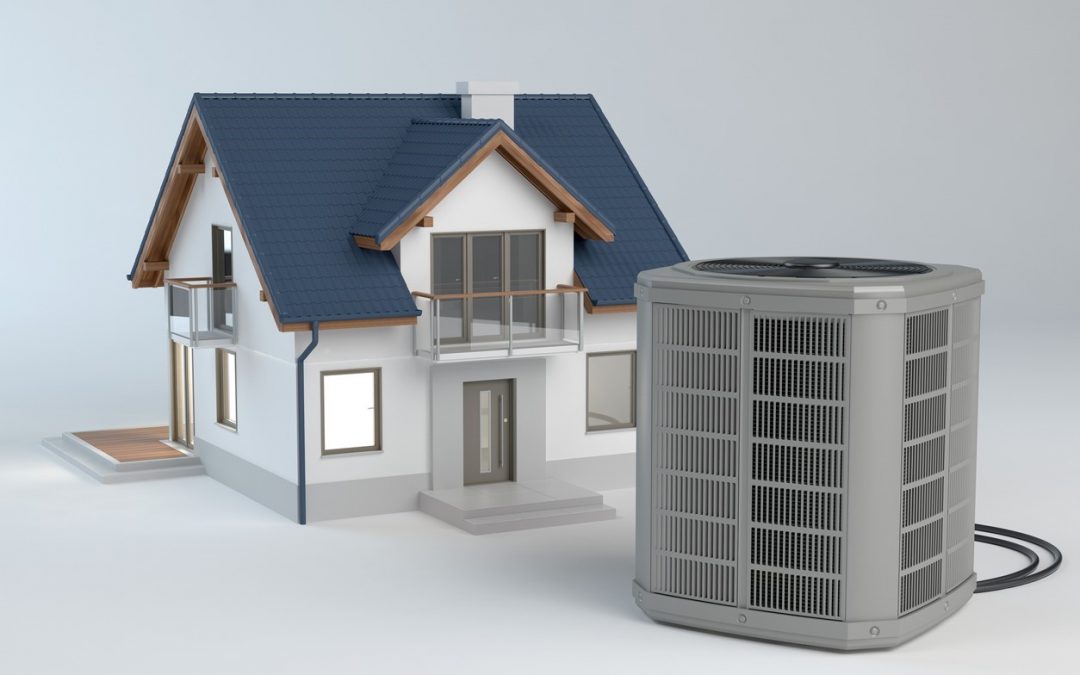The heat of summer is upon us and we are all relying on our air conditioners to stay cool and comfortable. As with most things, our HVAC systems will need to be replaced at some point. If you live in a large home, consider installing two HVAC units when it is time to replace your HVAC unit. There are plenty of great reasons why having two units is better than one. They save you money in the long run, work more efficiently, and allow you to have more temperature control throughout your home. Here are some benefits of having two HVAC units.
- Save Money – although it may seem more expensive to purchase 2 separate HVAC systems (one for upstairs and one for downstairs), the energy saved will pay for the extra upfront cost. On average, if your home is rated for a 5 or 6 ton air conditioner, they cost anywhere from $3,500 to $5,000 or more, while a 3 ton system runs from $ 2,500 to $ 3,000. So the upfront cost of 2 systems is probably more. However, HVAC systems are built to run as efficiently as possible. If they can run efficiently, they use less energy and have less strain. Think about a truck – it may be rated to haul a lot of weight, but if it hauls a heavy load, it will definitely get less miles to the gallon and you will probably have to get a new vehicle sooner. Your HVAC is the same – less strain and more efficiency means less energy and a longer lifespan. So in the long run with two separate systems, you will be paying less on your monthly energy bill and your system will run longer. Well-cared for systems can last more than 20 years, while HVACs that aren’t last only 10 or 15 years. Replacing an entire HVAC system in a large home can cost $10,000 or more. So by having a more efficient system, you can have 5 to 10 more years where you don’t have to worry about buying a new HVAC. Everything adds up.
- Extended Lifespan – a large house means an HVAC has a lot of space to move air through, which is a lot of work. There is more space to cover, and having two or more floors puts added strain on the HVAC. Just because your single HVAC is rated to work for the size of your home does not mean that it isn’t a strain. Pushing air up to the second floor, and having to fill all the space with heated or cooled air is difficult. If you invest in two smaller HVAC systems, they can split the work, with one delegating to the first floor, and one for the second. This means the spaces can fill more quickly, with less strain. Less strain means less wearing out and a longer life span.
- More Efficiency – Imagine you are filling a pool with water. Would you rather fill it with 1 slightly larger hose, or 2 regular hoses? 2 hoses will work better because they can move more water, more efficiently than the single hose, so the pool fills more quickly. An HVAC works in much the same way. The upstairs unit only has to fill the upstairs space with heated or cooled air, while the downstairs unit only worries about downstairs. They don’t have to work harder to push air up, or fill up a bigger space. They can run at optimal efficiency, which means both spaces will reach the desired temperature more quickly, using less energy. Great efficiency results in a lower energy bill and a longer lifespan for your HVAC system.
- Zone Controls – another great benefit of having to separate HVAC systems for the separate floors of your home is having more control. Having a large house means you may not be upstairs or downstairs all the time, so you can save yourself money by adjusting temperatures when you aren’t there. By adjusting the thermostat just a few degrees, you can save up to 10% on your energy bill annually. So if you work from home, but don’t go upstairs much, consider programming your upstairs thermostat to a few degrees warmer in the summer, during the day. It’s also helpful to have separate zones if you have a home with bedrooms on both floors. Mom and Dad sleep downstairs and prefer it to be cool at bedtime, but the kids upstairs need things a little warmer. Having separate zones for heating and cooling allows you to take everyone’s comfort into account.
Keep your home comfortable, yet efficient, by investing in two HVAC units, instead of one. For any questions, or to discuss what size system your home needs, contact Reliance Home Comfort today. Our trained staff are highly knowledgeable about the different makes and models of systems on the market, and can help you choose your next one (or two).

